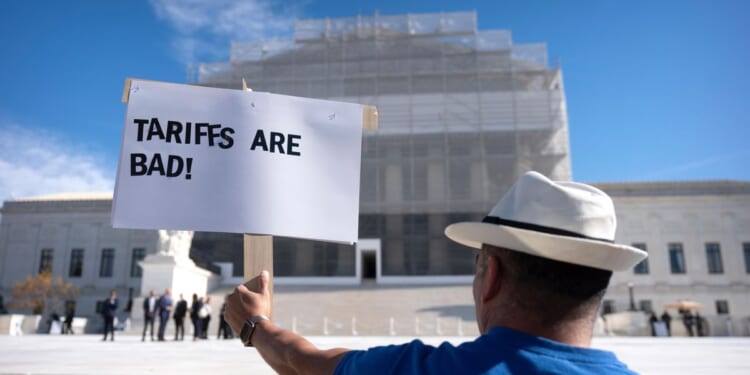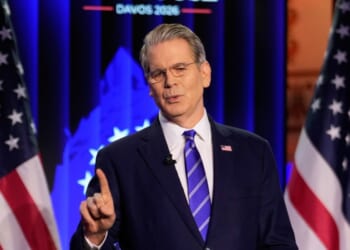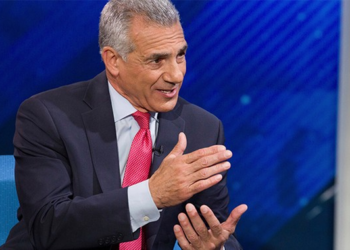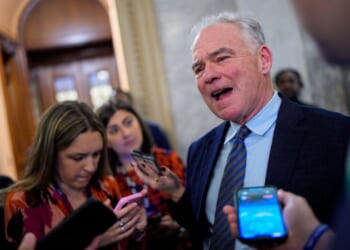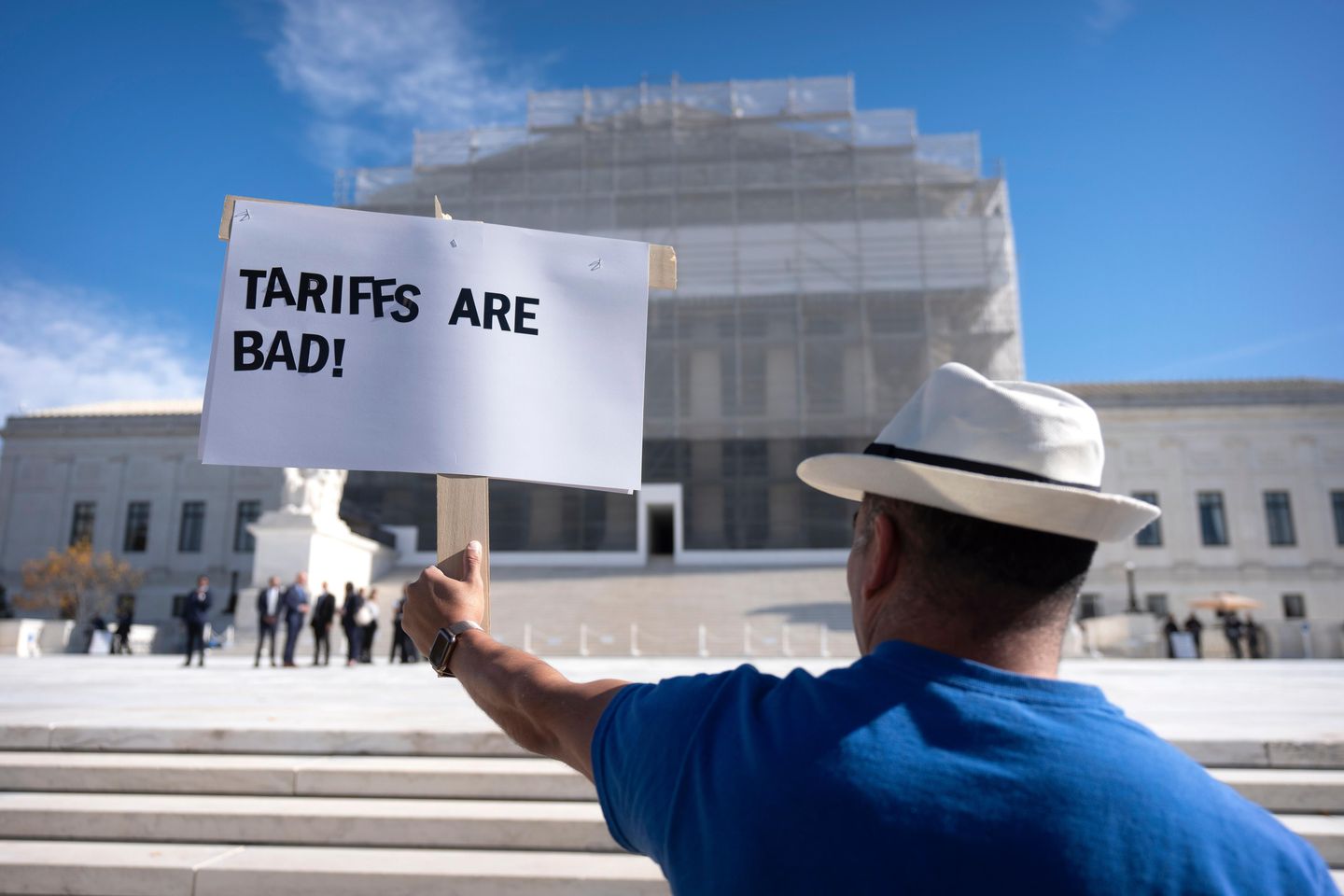
Don’t miss the full story from our staff writers, whose reportage is the basis of this article.
The Supreme Court expressed significant skepticism Wednesday toward President Trump’s expansive use of tariffs, questioning whether Congress truly delegated such broad authority to impose duties on foreign goods. The justices heard arguments in cases brought by small, import-reliant businesses challenging Trump’s global tariffs and additional levies on Canada, Mexico, and China.
At the heart of the case is the International Economic Emergency Powers Act (IEEPA) of 1977, which Trump claims grants him authority to impose tariffs. However, justices across the ideological spectrum raised concerns about the constitutional implications. Justice Sonia Sotomayor noted that tariffs are essentially taxes, a power the Constitution grants to Congress, not the president. Chief Justice John Roberts pointed out that IEEPA doesn’t even mention the word “tariffs.”
U.S. Solicitor General D. John Sauer defended the president’s position, arguing that the law’s language about “regulate importation” necessarily includes tariff authority. He cited President Nixon’s 1971 global tariff as precedent, suggesting Congress was aware of such presidential actions when writing the 1977 law.
Even Trump-appointed justices expressed doubts. Justice Neil Gorsuch worried about creating a “one-way ratchet” that would permanently shift power from Congress to the executive branch, noting a future president could theoretically impose 50% tariffs on gas-powered cars to combat climate change. Justice Amy Coney Barrett appeared surprised by the breadth of Trump’s tariffs, observing they were “kind of across the board.”
The administration highlighted the tariffs’ effectiveness as foreign policy tools. Trump has secured hundreds of billions in investments from Japan and South Korea and recently prompted China to agree to limit fentanyl precursor chemicals. The tariffs also aim to pressure India to stop purchasing Russian oil.
The case raises fundamental questions about separation of powers, including the nondelegation doctrine—whether Congress can relinquish core constitutional powers—and the major questions doctrine, which requires explicit congressional authorization for major policy decisions. Justice Sotomayor referenced the court’s 2023 decision striking down Biden’s student loan forgiveness program under similar reasoning.
The Senate voted last week to terminate Trump’s IEEPA tariff authority, though the legislation faces uncertain prospects in the Republican-controlled House. Treasury Secretary Scott Bessent estimates the government might need to refund $750 billion to $1 trillion if the court rules against Trump, though the justices discussed potential alternatives including prospective rulings or limited refunds.
Trump has called the case “life and death” for the country, warning a loss would disrupt his trade negotiations, which form a central pillar of his second-term agenda.
This article is written with the assistance of generative artificial intelligence based solely on Washington Times original reporting and wire services. For more information, please read our AI policy or contact Ann Wog, Managing Editor for Digital, at awog@washingtontimes.com
The Washington Times AI Ethics Newsroom Committee can be reached at aispotlight@washingtontimes.com.

